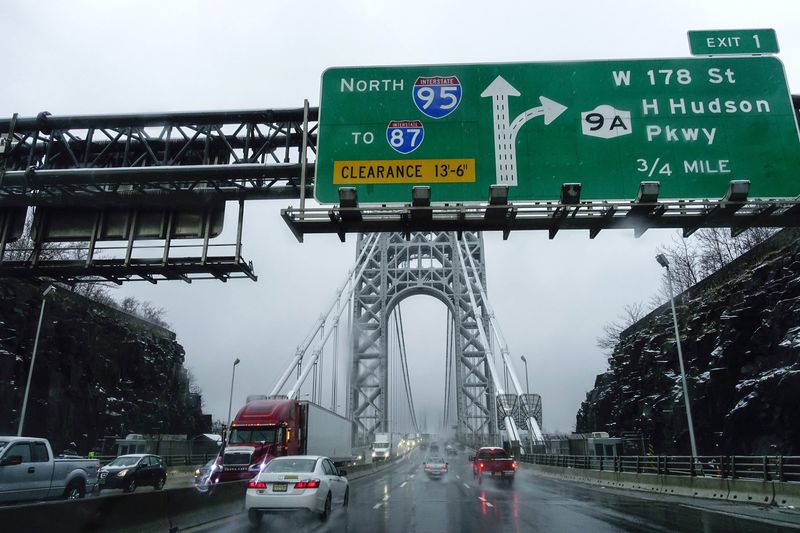By Geoffrey Smith
Investing.com -- Crude oil prices fell on Monday after the Organization of Petroleum Exporting Countries cut its forecast for global demand in the first half next year, predicting only a slow and uneven recovery from the Covid-19 pandemic.
As if to illustrate what it was referring to, the cities of New York and London both lurched towards more extreme lockdowns on Monday, having failed to bring down infection rates with less stringent measures. German federal and state governments also agreed at the weekend to put their country into a sweeping lockdown through January 10th. The pronouncements were enough some into reversing bullish trades from the last couple of weeks, when optimism about a 2021 recovery in demand had driven prices to nine-month highs.
By 11:20 AM ET (1620 GMT), U.S. crude futures were down 1.0% at $46.09 a barrel, while Brent futures, the global benchmark, were down 0.8% at $49.57 a barrel. The intraday decline was even sharper, inasmuch as Brent had gone as high as $50.79 a barrel in earlier trading.
In its oil market report for December, OPEC had shaved 1 million barrels a day from its prior estimate for demand in the first quarter of next year, and 620,000 b/d from its estimate for the second quarter
"The latest resurrection of COVID-19 infections and the associated consequences of lockdowns and/or voluntary social distancing measures are leading to a slowdown in Q4 2020, with the expectation of a spillover into H1 2021,"OPEC said. "While the availability of a vaccine is certainly providing the base for a recovery, related developments remain to be seen."
Even so, the group's new forecasts implied no change to the modest increase in output foreseen by its agreement with Russia and others at the start of the month. The so-called 'OPEC+' had reckoned that the market would be able to absorb another 500,000 b/d of output from January 1.
The question in the minds of many is whether the actual rise in output from the bloc can be contained to the agreed amount. Higher prices incentivize countries to over-produce, while OPEC members Iran and Libya aren't even covered by the agreement, due to their own respective issues. Iranian production has slumped under the impact of U.S. sanctions, but expectations that President-elect Joe Biden will ease these and return to the UN-sponsored pact on Iran's nuclear activities are also fueling expectations of a significant increase in Iranian output next year.
"We don't need anyone's permission - it is our right, and there is space [in the market] for this... But we have to wait [to see what happens" with regard to sanctions, Iran's energy minister Bijan Namdar Zanganeh was quoted by newswires as saying on Monday.
